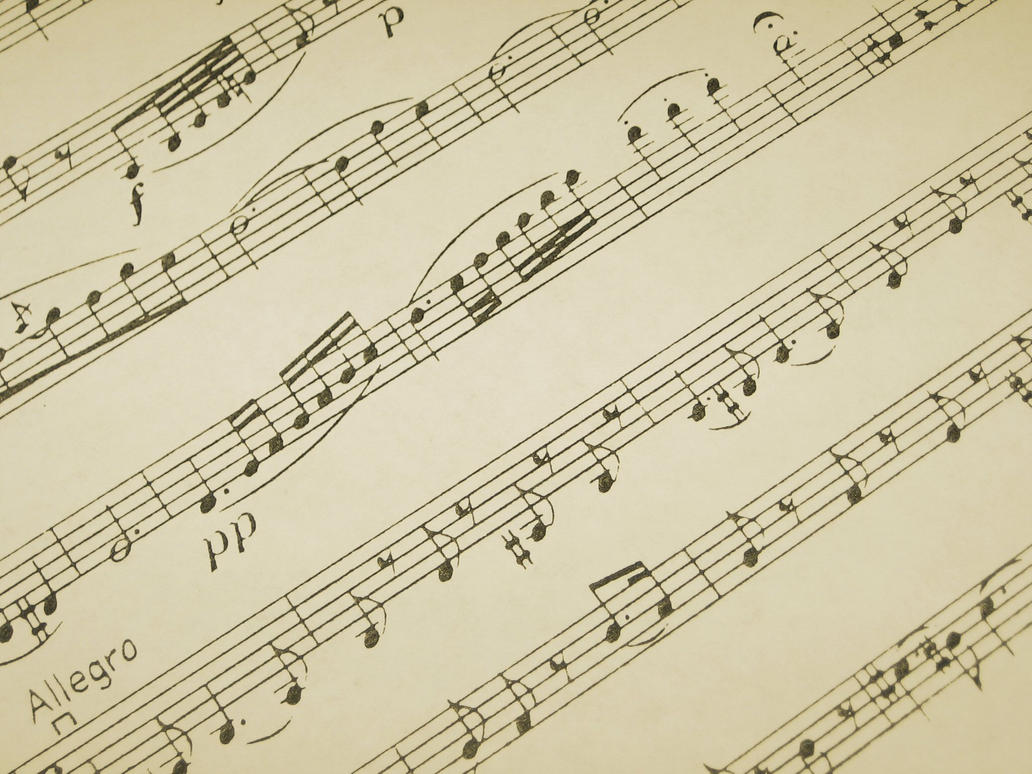Now that technology has progressed, music is available to hear and to study. I am very grateful for the neat, transcribed scores of Beethoven's symphonies, at my university, that I could peruse whilst listening to a sound recording of the very works. In the music theory classes I took, we examined a number of pieces, both on the sheet, and via the piano skills of the professor. Especially helpful were piano and voice lessons, that forced me to study and learn the pieces in far greater detail than a mere aural audit of them.
What prompted this ramble about music and a small trip down College Nostalgia Ln? I was looking at my brother's music appreciation textbook. A composition of Charles Ives in particular. "Country Band March" is full of quotes from other famous works and composers, such as Sousa's "Semper Fidelis" and folk songs of Ives' childhood. All western pieces.
And, most music theory and history classes focus primarily on western music. Classical music was created by western composers, and a good deal of popular music is dominated by western artists. The great music of legendary composers was able to be passed down due to the innovation of sheet music. As Europe perfected musical notation, composers rose to prominence. Even as far as the 20th century, sheet music was the primary way listeners were able to experience some of history's greatest gems.
In short, western music and its notation are virtually inseparable. A fact that shows its greatest strength, and greatest weakness.
What do I mean by that?
In giving us the means to preserve music, sheet music can misdirect or even redefine what music people see as music. One might grab a collection of piano pieces and think, "This is difficult music. I wonder if I'll ever be able to play it?" In this case, music is seen as the ink on the page. The quarter notes and rest marks. However, music is far more than this.
In early Christianity, the church did not refer to a building, but rather, the body of faithful. Prior to the written word, literature was the stories passed down from generation to generation. As with these cases, music should not, and cannot, be viewed as merely lines and dots in books, or a physical object.
 |
| This is not music |
Don't let sheet music fool you. There's more to music than meets the eye.